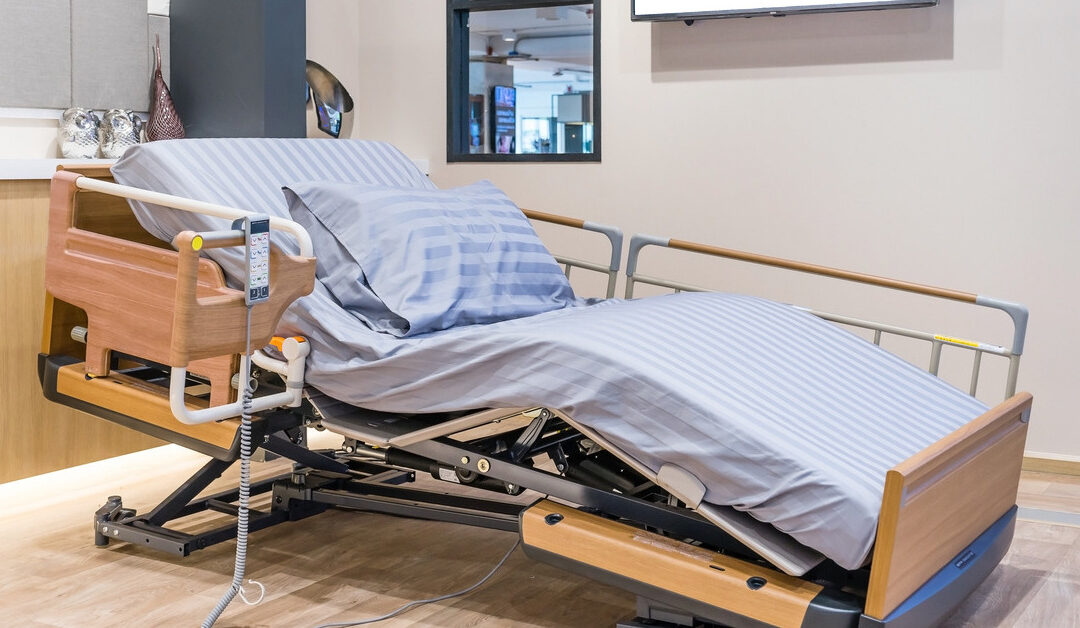Hospital mattresses are designed to meet medical needs, while regular mattresses are intended for standard home use. Choosing the right kind of mattress for a hospital bed ensures patient comfort and support, which can significantly impact their recovery and well-being. Consider the essential functionality of medical beds to determine if you can put a regular mattress on a hospital bed.
Hospital Mattresses and Patient Care
Hospital bed mattresses meet medical needs in a way regular mattresses cannot. Hospital mattresses often incorporate advanced materials and designs that prevent pressure ulcers and enhance comfort for individuals confined to the bed for extended periods.
These mattresses are typically adjustable, allowing them to move in sync with the functions of a hospital bed. Additionally, they are durable and easy to clean, catering to the hygiene and infection control standards of the healthcare industry. Hospital mattresses prioritize medical benefits and patient care over general comfort.
Essential Support
Regular mattresses may not provide the necessary support to all patients. Hospital mattresses are often made from high-density foam or memory foam that evenly distribute weight and reduce pressure points. This design prevents bedsores and other skin issues that can arise from prolonged bed rest.
Regular mattresses, on the other hand, typically lack the necessary support and pressure-relieving properties that patients need. This can result in discomfort and increased medical complications.
Bed Functionality
Caregivers adjust hospital beds to improve circulation, reduce swelling, and increase comfort. Typically, you can’t put a regular mattress on a hospital bed because it doesn’t accommodate adjustable height, head, and foot sections.
A standard mattress cannot flex and bend with these adjustable features, potentially leading to malfunction or damage to the bed’s mechanics. This limitation can restrict the full range of therapeutic benefits that the adjustable bed offers.
Stability
Because regular mattresses do not conform to the adjustable features of hospital beds, they cause instability and potential falls for patients. Replacement mattresses for hospital beds stay secure on adjustable bed frames, minimizing the risk of slipping or sliding.
Using a regular mattress can compromise this stability, as it does not fit hospital bed frames. This mismatch can create gaps or uneven surfaces, increasing the risk of falls or injuries when patients move on the mattress.
Hygiene Standards
Using a regular mattress on a hospital bed can also compromise patient care by failing to meet the hygiene standards of the healthcare industry. Hospital mattresses have antimicrobial properties and waterproof covers to promote cleanliness and prevent the spread of infection, which are vital features for people with compromised health.
Regular mattresses typically lack these specialized features, making them less suitable for a medical setting. Without these protections, patients are at high risk of contracting infections and other health complications.
Choosing the correct mattress for a hospital bed is essential for providing great patient care. Regular mattresses, while suitable for everyday use, fall short in a medical context. Caregivers should prioritize using hospital-grade mattresses to support the health and well-being of their patients.


Recent Comments